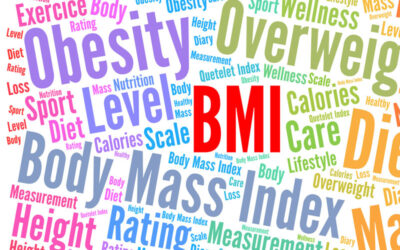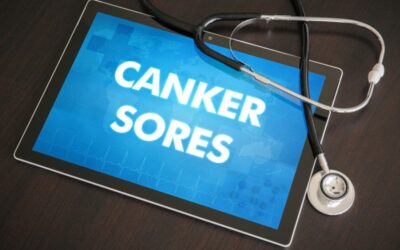Holidays are an occasion to reconnect with family and friends. However, this holiday season may not be the same as others. Most people consider modifying their holiday plans to reduce the spread of...
ICD-10 Codes for Congenital Anomalies or Birth Defects [Infographic]
Congenital anomalies or birth defects result from pregnancy or birth complications or genetic malformation. Common birth defects include heart defects, cleft lip with or without cleft palate, Down’s...
A Comprehensive Guide to Mastering Modifiers 51 and 59
Modifiers provide additional details about CPT codes submitted and the services rendered, without altering the procedure code's definition. Modifiers 51 and 59 are used when multiple services are...
Why is Insurance Preauthorizations a Major Challenge for Gastroenterology Practices
Getting prior authorizations is a complex, time consuming, and frustrating task for physicians and their staff. Insurance verification and insurance authorization have a key role in revenue cycle...
Obesity and BMI – Assessment and Reporting Guidelines
Obesity is associated with a higher incidence of several diseases such as diabetes, cardiovascular disease, and cancer, and has been identified as a major risk factor in COVID-19. With obesity...
Coding Achilles Tendinitis – A Common Running Injury
People get engaged in sports activities to maintain an active and healthy life. However, it can be a common source of injury. Generally, injuries are of different types which occur as a result of...
How to Assign Diagnosis Codes related to COVID-19 Encounters
Coding COVID-19 encounters is complex and the rules are continually changing. Claims must have a COVID-19 related diagnosis code to be recognized by insurance companies as a COVID-19 related...
CMS Adds 11 New Telehealth Services to Medicare Coverage [Infographic]
As coronavirus cases surge in large swaths of the country, the Centers for Medicare & Medicaid Services (CMS) issued waivers to significantly expand the use of reimbursable telehealth services....
Billing and Coding Canker Sores, a Common Oral Condition
A canker sore, a type of mouth ulcer, presents as a painful open sore within the mouth. It is one of the most prevalent conditions that a dental billing company helps dental professionals report on...






